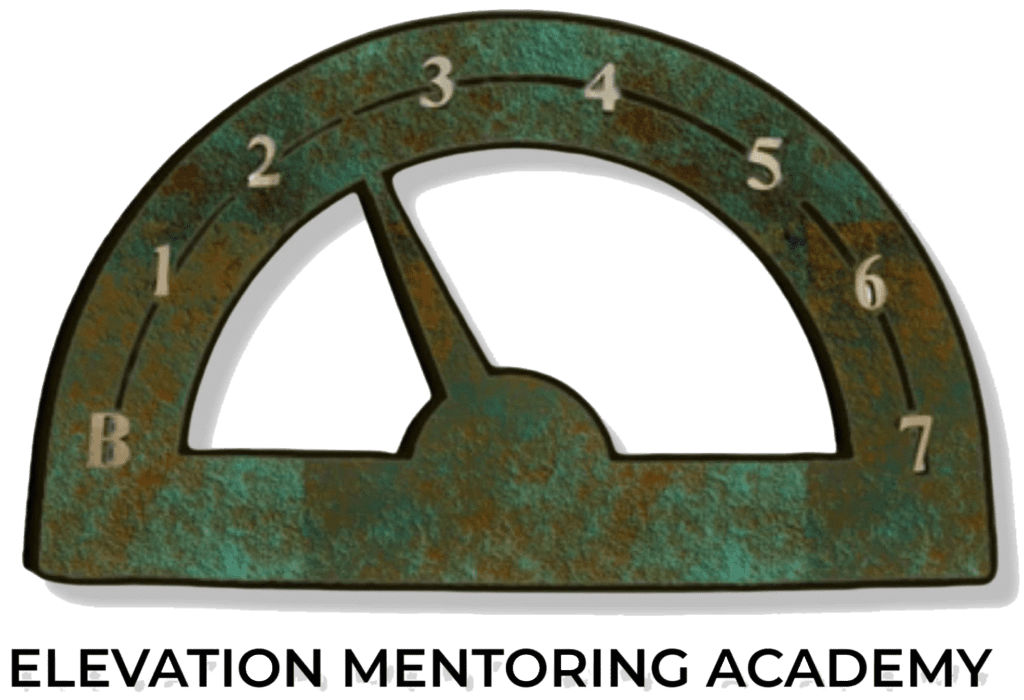Introduction
Life coaching is a distinct service and differs from therapy, counseling, advice, mentoring, or consulting. Life coaches focus on understanding our client’s current reality in order to help them achieve their greatest potential. A life coach will not do the work for their client but will guide you through the process of accomplishing your goals and creating the changes you desire. The benefits of working with a life coach include improved communication skills, develop healthy relationships, conquer addictions, manage stress effectively and increase personal happiness.
Life coaching is a distinct service and differs from therapy, counseling, advice, mentoring, or consulting.
Life coaching is a distinct service and differs from therapy, counseling, advice, mentoring, or consulting. A life coach is not a therapist; a life coach is not a counselor; and a life coach is not an advisor.
A therapist will listen to you talk about your problems in an effort to help you resolve those issues so that you feel better about yourself and can move forward with your life. In contrast, a counselor will do the same thing but usually doesn’t charge for their services unless they are working with clients who have been diagnosed with mental illness or substance abuse issues (which means that counselors aren’t allowed to charge clients unless they have been approved by their state board).
An advisor advises people on important decisions such as selecting which college courses to take next semester or purchasing new bookshelves for their home office space at work. Advisors provide information but don’t engage in any type of counseling process with the person who needs advice because advisors don’t typically ask questions like: “What was going through your mind when this happened?” or “How did it feel when this happened?”.
Life coaches focus on understanding our client’s current reality in order to help them achieve their greatest potential.
If you’re a person who’s thinking about hiring a life coach, there are some things you need to know.
-
Life coaches are not therapists, psychologists, counselors or teachers. If you’re seeking help with an emotional issue or in crisis, please seek out the appropriate professional for that kind of assistance.
-
Life coaches are not consultants or advisors. A consultant is someone who advises how to solve problems, and an advisor is someone who gives advice (and may even provide formal recommendations). If your company needs guidance on business development strategy, then it would be worth considering hiring someone with experience in this area as a consultant or advisor; but if all you need is insight into your own personal situation then hiring a business expert isn’t going to be very helpful at all!
A life coach will not do the work for their client but will guide you through the process of accomplishing your goals and creating the changes you desire.
A life coach will not do the work for their client but will guide you through the process of accomplishing your goals and creating the changes you desire. A good life coach will help you find your motivation, stay focused on your goals and stay motivated in order to achieve what you want.
Your coach should be able to provide insights into how to manage certain situations so that they are more likely to be successful in achieving their goals.
improve communication skills, develop healthy relationships, conquer addictions, manage stress effectively and increase personal happiness.
A life coach can help you improve communication skills and develop healthy relationships. They can also help you conquer addictions, manage stress effectively and increase personal happiness. These are all things that a life coach can help with.
A life coach can help you be more effective in your career by teaching you how to maximize your time, set goals and make strides towards reaching them.
Life coaches can help you be more effective in your career by teaching you how to maximize your time, set goals and make strides towards reaching them.
For example, a life coach might help you develop a plan to achieve your goals by:
-
Helping you set realistic and measurable goals. Goals should be specific enough so that they can be measured objectively, but not too specific that they’re unattainable. A food rule of thumb is making sure the goal isn’t something like “I want to get X amount of work done.” Instead, it should be more along the lines of “I will complete Y project by Z date.”
-
Keeping track of progress on those goals by encouraging regular check-ins around progress made towards achieving each goal (and celebrating wins). This will motivate both parties because they’ll see clearly how far they’ve come since starting this coaching relationship together; it’ll also give them guidance as needed when making decisions about their lives or careers down the road!Work with a coach that focuses on helping you increase productivity, manage stress and keep yourself on track to accomplish your goals.There are many different kinds of life coaches, so it’s important to find someone who can help you with your specific needs. You’ll want to look for someone who has experience working with people like you, and they should be a good fit for the type of relationship you’re seeking.You’ll also want to ensure that the coach has a good reputation in the community and that they have a history of helping other individuals achieve their goals. Keep in mind that coaches are not licensed professionals; therefore, it’s up to you as an individual client/customer/client-customer relationship (whatever!) to decide if they’re right for you or not.
Life coaches are not licensed or regulated in any way so it is important to find one that specializes in the area where you need help most and has experience working with people like you.
Finding a life coach is not as simple as finding a therapist, though. If you’re looking for someone to help you with your anxiety or depression, you can easily go online and find a mental health counselor who specializes in those issues. But finding a life coach is different because they don’t have any licensing requirements or regulations on them at all.
People often think that just because they’re trained in psychology or counseling that they can also act as your life coach. They might even be able to help you work through some of the deeper issues in your life and give advice on how to handle them better—but it’s unlikely that their training would include learning about how best to use money and time together so that both will work for you rather than against each other (i.e., spending too much money).

